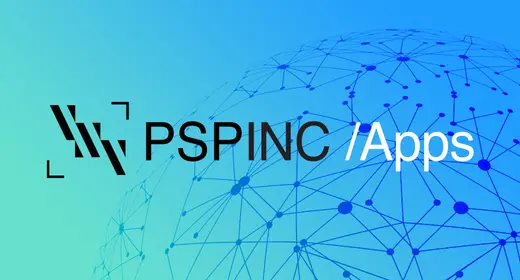
While artificial intelligence (AI) has been around for a long time, it’s become much more as large strides continue to advance AI technology. AI-generated chatbots like ChatGPT are the latest popular AI technology used by Bing's AI-generated search engine. But experts in the field, including the quote-unquote godfather of AI technology, Geoffrey Hinton, are concerned about the danger it poses as the technology progresses. So much so that more than 1,000 technology leaders, researchers, and all-around AI experts signed an open letter, warning others about the risks AI technology presents.
What started as an exciting and innovative technology has since become a question of how best to proceed with it. The ethical questions of how far it can go have become existential. Artificial general intelligence (AGI) is developing so fast that it’s already surpassed human intelligence. And many are concerned it could mean AGI will eventually take over, which, admittedly, sounds more like a sci-fi movie rather than reality. But because of how fast AI technology is growing and how advanced it’s become; these concerns are only growing in validity. But aside from the existential risks that are potentially several years ahead, there are others that are more current. And even casual AI users have noticed a few of them.
3 Major Risks of AI
1. Lack of transparency
The way AI systems work, especially deep learning models, isn’t something users and most humans really understand. People can’t interpret where the information is coming from nor do they know how it came to its conclusions, which can lead to bias, discrimination, and misinformation. It’s easy for these systems to perpetuate biases in society inadvertently because of the algorithm it’s using to obtain information. And that can also lead to obtaining information that is also blatantly wrong. And these issues will only worsen if or when we rely on AI more and more.
2. Security risks
As great as AI technology can be to increase productivity, it also gives way for hackers and other malicious people to misuse the system to their advantage. Using it can lead to more sophisticated cyberattacks. And because of how much personal data AI technology collects and uses, it’ll also make that data more vulnerable to attacks.
3. Legal challenges
The legal challenges that come with using AI technology are more surrounding the fact that there is no set framework in place to regulate the use of it. Legal challenges arise when people use it to generate art or other types of content derived from another person’s work. Specifically, when people use their work to create something else. This just leads to fewer protections on intellectual properties for artists everywhere.
Where AI Will Go From Here
While there isn’t a clear and set solution in mind, one thing is clear: AI technology needs more regulation. As the technology progresses, it will only become smarter. It’s already surpassed human intelligence, and the outlook on how advanced it will be in just five years from now poses a real threat to society. While it is much more complicated than many of us can understand, it’s fair to say that it is growing rapidly at what many experts are saying is a dangerous pace. AI technology can be great at increasing productivity and processing data, but creating regulations and legal frameworks will be important moving forward to avoid the risks.
|
Pacific Software Publishing, Inc. 1404 140th Place N.E., Bellevue, WA 98007 |
| PSPINC Creates Tools For Your Business |
| Pacific Software Publishing, Inc. is headquartered in Bellevue, Washington and provides domain, web, and email hosting to more than 40,000 companies of all sizes around the world. We design and develop our own software and are committed to helping businesses of all sizes grow and thrive online. For more information you can contact us at 800-232-3989, by email at info@pspinc.com or visit us online at https://www.pspinc.com. |
 An all-new multi-service login for your PSPINC web apps!
An all-new multi-service login for your PSPINC web apps!
 Request a quote for Custom WordPress Design
Request a quote for Custom WordPress Design

.png)
















